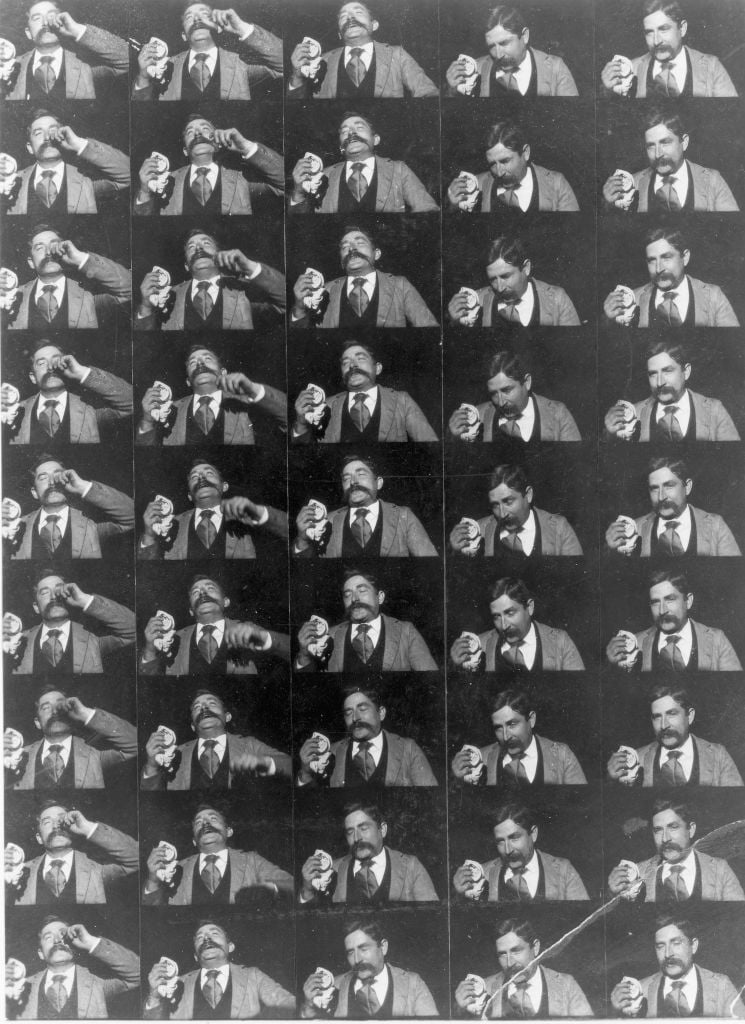Across the English-speaking world, the phrase “bless you” regularly follows a sneeze. It’s instinctive and we deliver it without necessarily knowing where the phrase came from or how long we’ve been saying it.

Sneezing might seem like an insignificant side-effect of climate change at the moment, with swathes of the world on fire and July 2023 finishing as the hottest month on global record, but climate change is proven to increase allergies.
It has been proven that higher levels of carbon dioxide and increased temperature for plants will make them produce more pollen and start the pollen season earlier.
Research from William Anderegg, an associate professor of Biological Sciences at the University of Utah, shows a sharp rise in North American pollen between 1990 to 2018. Concentrations rose by about 20%, with “allergy season” starting nearly three weeks earlier as well. This rise was most pronounced across the Southeast and Midwest parts of the U.S., though it was increasing across the country.
More allergies, more sneezes, more bless-yous.

The real reason why we bless people after a sneeze dates back to before we understood what sneezes meant as well as we do today. In fact, for a long time, sneezes were considered an act of “divine beneficence”.
“For European Christians, when the first plague that weakened the now Christian Roman Empire around 590, Pope Gregory the Great believed that a sneeze was an early warning sign of plague, so he commanded Christians to respond to a sneeze with a blessing,” W. David Myers, of Fordham University, told the New York Times. It was this order from Pope Gregory that is widely credited as the start of the post-sneeze blessing.
“But other responses to sneezing – Gesundheit, in German; Salud, in Spanish – came from the idea that a sneeze is a sign of divine beneficence,” Myers continued.
Read More: I Went To The World Nettle-Eating Championship
At first, the phrase “God bless you” was more common, but increasingly people just shorten it to the more secular two-word alternative.
Because, the real reason that we still say bless you nowadays is simply because it’s considered polite; or, as Farley put it, a “micro-affection”. We’ve been taught to do it, we’ve heard it before and for many of us, it’s both nice to say and hear.





